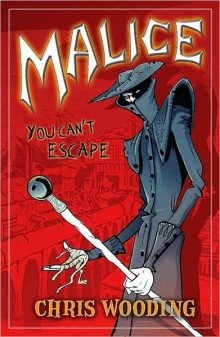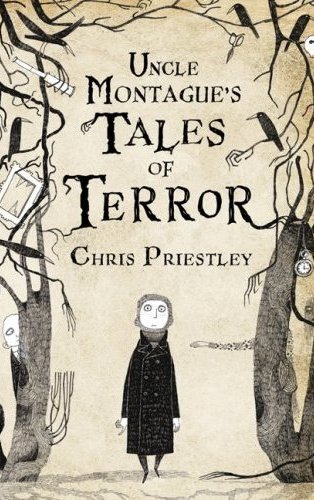 |
| My house became a riverfront property this weekend. |
In 2011, just about this time of year, Brisbane was hit with ferocious floods. After weeks of heavy rain, overflowing dam, clogged drains and rising river, water took it's hold on the suburbs. The house I live in now is two story and the water was above the second floor. Other homes went right under. People trapped had to climb up onto their roof and wait for help. Some locations had no warning, with flash floods rushing through, wiping out buildings, moving vehicles and claiming lives.
This weekend the floods hit Brisbane again. Although our street flooded, it was no where near as bad as 2011. We were not in any danger. The water rose with the high tides and receded again when the tide went out. Our biggest inconvenience was a loss of power for a couple of days. While enjoying a marathon of board and card games, I gave some contemplation to water. It's a huge part of life and often a significant theme in fiction. Water is a metaphor.
Various Water Metaphors:
Life - Man can live without food longer than he can water. Our existence begins and grows within a womb of water (and other fluids, but you get the idea). Scenes of a dying man in the desert often include a mirage and that mirage always includes water. In apocalyptic stories such as Cormac McCarthy's The Road, survivors migrate towards large bodies of water or the ocean.
Judgement - If you want a biblical theme, water cleanses sin. It washes it away. Water is also used to divide the sinful and the pure. Rain is used as a judgement from God (although sometimes that rain comes as frogs instead of water). God used a flood to wash away his mistakes. The bible instructs followers to be baptised in water to symbolise their resurrection as a Christian. But it's not just biblical. Water is used to conceal a sin, bodies are submerged in water (like in Dexter) and rise to expose sins. On pirate ships, traitors are made to walk the plank.
Sex - Water can be lust. Sailors, pirates, and adventurous characters are drawn to the ocean, their desire strong enough to risk death. Sirens and mermaids lure men into the water. In horror movies, victims are often involved in sexual acts near or in water when they are attacked. In seduction films, women are often shown trailing their long painted nails through water to entice a lover. Water is fluid, it's wet, the connection with sex is pretty obvious.
Conquering Nature - In many adventure stories, water is used to show man's ability to conquer nature, such as surfing, sailing, swimming, or whaling. Herman Melville's Moby Dick focuses on one man's obsession with besting a rival sea creature. Survival stories (there's a new film out now based on a true life Tsunami story) show the flip side of man's battle against the elements. Disaster stories often show man's inability to conquer nature, but his determination to survive it.
Time - Water can rush quickly through rapids, flow along a river or be still on a pond. Water moves at its own pace and can affect the pace of a story. It can represent the way time moves depending on our own state. In the 1985 film Cocoon, special alien water reversed time for those who swam in it. Ice can freeze time, as it does for a character in the film, Encino Man.
Secrets - Water hides things. Sometimes we use it to hide our secrets (bodies, precious jewels tossed off the Titanic, or evidence of an affair). Other times the water hides things from us (lurking crocodiles, oversized sharks on a revenge fury, treasure... the Titanic). Rain makes the view from a window unclear. Water is not always translucent, it can be murky.
Emotion - Tears, rain, running water, these can all reflect sadness and are often used to show visually the misery of someone heartbroken or grieving. Water can be isolating as well, physically by creating an island or a barrier, but this could also reflect the emotional isolation of the character.
Can you think of any other metaphors for water? Do you have a continuing theme in your fiction, a natural element, a colour, a song? In Warracknabeal Kids I have fire as a reoccurring theme, but I'm keen to challenge myself to write a short story with water as a metaphor.








+150x225.jpg)























